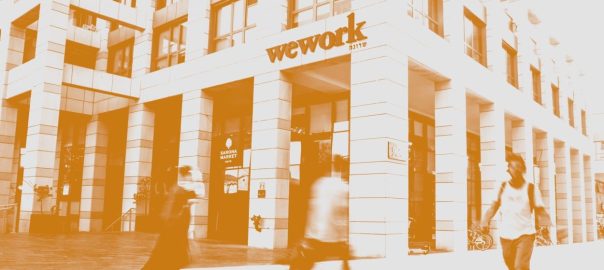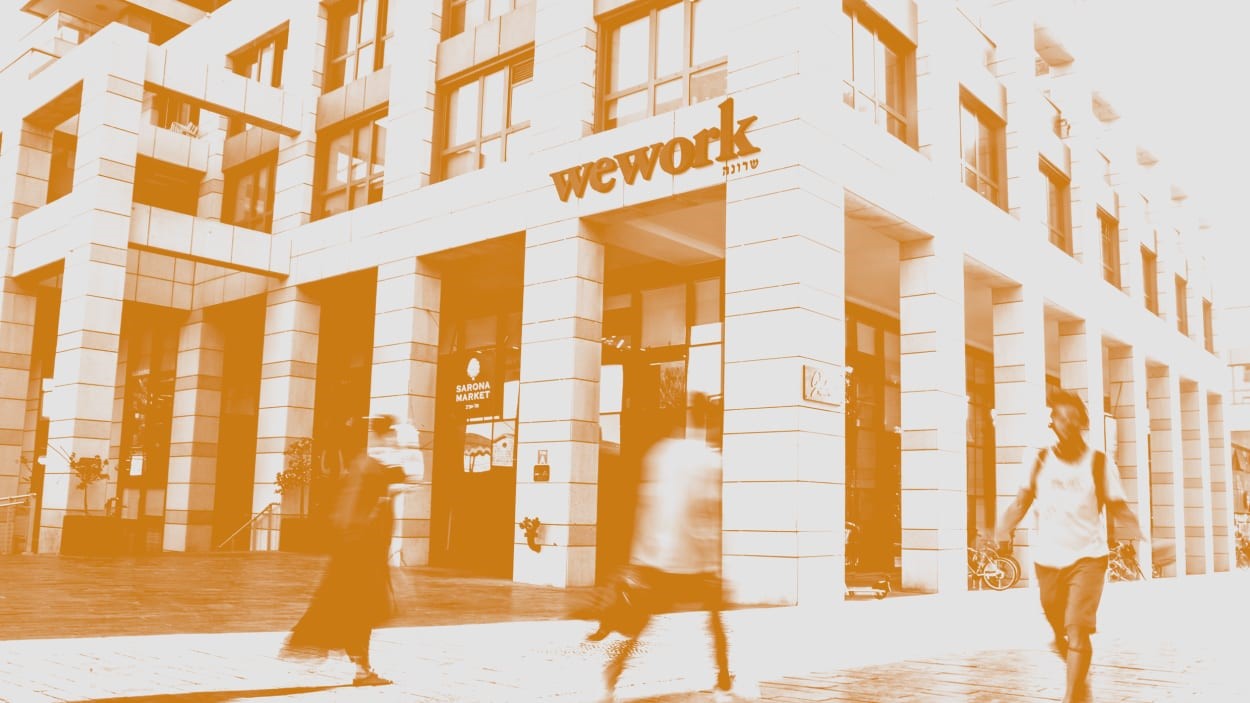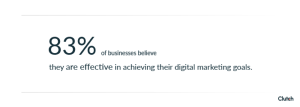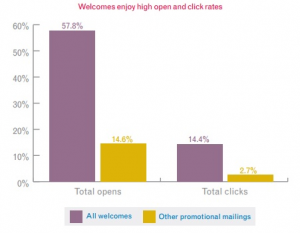By Yasmin Gagne
This week, the coworking company WeWork, which was once valued at $47 billion, filed for bankruptcy. The Wall Street Journal reports that the company’s main backer, Softbank, lost more than $14 billion from its investments in the once high-flying startup.
To understand how this all happened, we spoke to Reeves Wiedeman, author of Billion Dollar Loser: The Epic Rise and Spectacular Fall of Adam Neumann and WeWork and features writer at New York Magazine, on the latest episode of the Most Innovative Companies podcast. Here are some takeaways from the conversation, in Wiedeman’s own words.
On WeWork cofounder Adam Neumann
“When you asked me ‘who is Adam Neumann?’ my brain immediately went to a story I heard from a big WeWork party in the glory days at the height of things. Adam invited an employee on stage to rap a song about WeWork. One of the lines from this song was ‘Adam Newman, he ain’t human.’
“There was this moment in time where he had gone beyond the laws that the rest of us have to abide by in terms of our behavior, of how to run a company. He was living a life many of us couldn’t fully dream of. Beyond that, he was in many ways the archetypal, crazy successful founder of the 2010s who built this company into this $47 billion global behemoth and then fell very quickly—and very fast.”
What WeWork actually got right
“When you talk about the fall, you have to talk about the success. WeWork rode this moment where people were looking for something different from offices, where the financial markets were looking to pile money into any company that was claiming semi-credibly that they were going to grow into something huge, and in some ways those were the seeds of its demise. WeWork was successful. They made really cool offices that were nice places to work. Sometimes they were noisy and loud, and people brought their dogs in and it could be kind of annoying, but by and large they were nice places to go.”
Where things went wrong for WeWork
“The trouble was that it’s really hard to scale any business. It’s particularly hard to scale a business that involves things like construction unions. Eventually they were trying to do something that was all but impossible, and the only possibility of overcoming all of the obstacles was to have so much money that it didn’t matter. They did for a while: SoftBank infamously poured billions and billions of dollars into this company to try to overcome all of the restrictions that everyone in the real estate business knew about. Then at this moment where the economy was starting to shift and where these investors were no longer willing to keep funneling money quite as much as before, people found out that Adam Neumann . . . is a little human. He likes weed and tequila, and he’s a little bit of a crazy guy. It was just going to be impossible for WeWork to meet all these expectations.”
On WeWork employees
“WeWork was one of the rare places where you could go in the 2010s if you wanted to get in on the startup boom and have some stock options that might one day buy you a house or a cool car, but you didn’t know how to code or you weren’t an engineer. Adam was out there selling that dream. WeWork was not paying the biggest salaries out there. They were offering these stock options, and Adam was very good at convincing people that working there was going to be worth it down the line. You had a lot of people working there in their first jobs. You had a lot of people who did not have experience in this kind of high-growth startup world. You had people who came from old school real estate companies, financial firms, and banks who were like, ‘Okay, this is my chance to cash in on this.’”
What happened to WeWorkers
“Thousands of employees were laid off in the aftermath of this. At one point they had more than 10,000 employees. Within a matter of months, almost half of them were laid off, and that number has continued to decrease. There have been other rounds of layoffs, they have consolidated offices, and they have also gotten out of every other business that they were in. Those other businesses included the school that was launched, the WeLive apartment-living concept, and a superfood company. All of these things were shoved aside in an attempt to make the core business work.”
To hear more about WeWork’s dramatic fall and listen to a conversation with culture writers Joanna Robinson and David Gonzales on the reign of Marvel Studios, listen to the rest of the episode.
(2)











